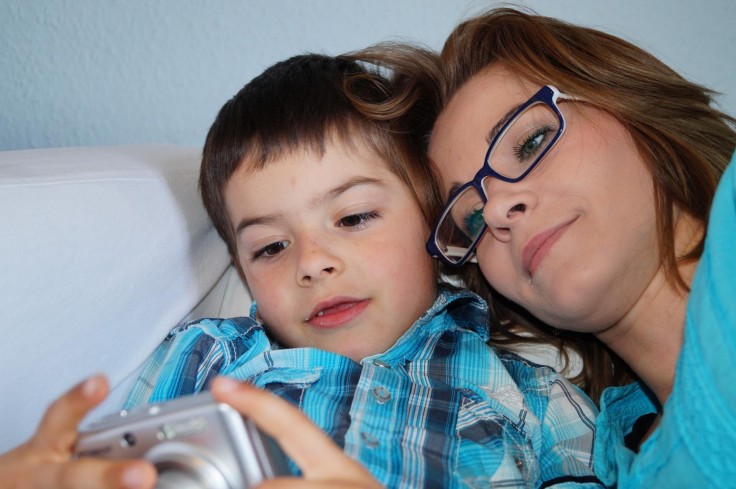
In 2019, the World Health Organization recognized burnout syndrome in its International Classification of Diseases as an occupational condition linked to several health symptoms such as fatigue, changing sleep habits, and substance abuse.
Dr. Lucy McBride, a practicing internist in Washington, D.C., and author of a widely read COVID-19 newsletter, describes burnout as the mental and physical fallout from accumulated stress in any sphere of life, which includes parenting.
The first research regarding parental burnout was done in the United States in the 1980s, focusing on parents of children with tumors. However, Dr. Isabelle Roskam and Dr. Moïra Mikolajczak, both psychology professors at the Catholic University of Louvain in Belgium, theorized that while difficult situations such as a sick child can contribute to burnout, any parent can experience it.
Dr. Puja Aggarwal, a board neurologist and a certified life coach, says parental burnout is the physical, mental, and emotional exhaustion that one feels from the chronic stress of parenting.
According to Michaela Decker, a licensed marriage and family therapist, burnout is the outcome of prolonged stress where the demands placed upon an individual outweigh their ability to meet expectations, per Healthline.
Recognizing parental burnout
It can manifest as an emotional distancing from a child or irritability, i.e., being easily angered. Some may experience forgetfulness and/or increased feelings of anxiety or depression, and many question their ability to be a parent in the first place. Feelings of inadequacy, confusion, and isolation are common.
According to WebMD, parental burnout leads to overwhelming exhaustion, emotional distancing from the children, and a sense of being poor or ineffective parents. These can take a severe toll on a parent's mental health.
A poll by Savanta ComRes earlier this year found that 45 percent of parents feel burned out. Moreover, a study by Oxford University found stress, anxiety, and depression levels rose in parents and carers during the pandemic lockdowns.
Michelle Qureshi, a family therapist, says she has witnessed progressive cases of parental burnout and what she usually hears in her sessions are parents constantly trying to give the best to their children, working intense and long hours, looking after the home, maintaining a healthy partnership, and fitting in social life as there is immense societal and peer pressure to be the best parent. If you are a single parent, this can be even more overwhelming, per The Guardian.
Read Also : Comedian Jack Black Talks About His Childhood and Struggles in Letting His Teen Son Move Out
Juggling work, house chores, and responsibilities of parents
Burnout parents often feel trapped in their roles and may experience more severe consequences than people experiencing job burnout, such as suicide and escape ideations. Mikolajczak and colleagues determined that these ideations were more frequent in parental burnout than job burnout or depression.
Such burnout can also cause parents to be violent or neglectful towards their children even when the parents are philosophically opposed to those behaviors. In an as-yet-unpublished 2020 study, Dr. Annette Griffith, a professor of psychology at The Chicago School of Professional Psychology, found that parents who indicated higher levels of burnout also showed higher levels of coercive or punitive parenting practices. The parents who reported the biggest change in burnout level from January to June 2020 had a higher risk for child maltreatment, per American Psychological Association.
Related Article : Parental Burnout: Study Confirms It Exists And Here's How Moms And Dads Can Prevent It